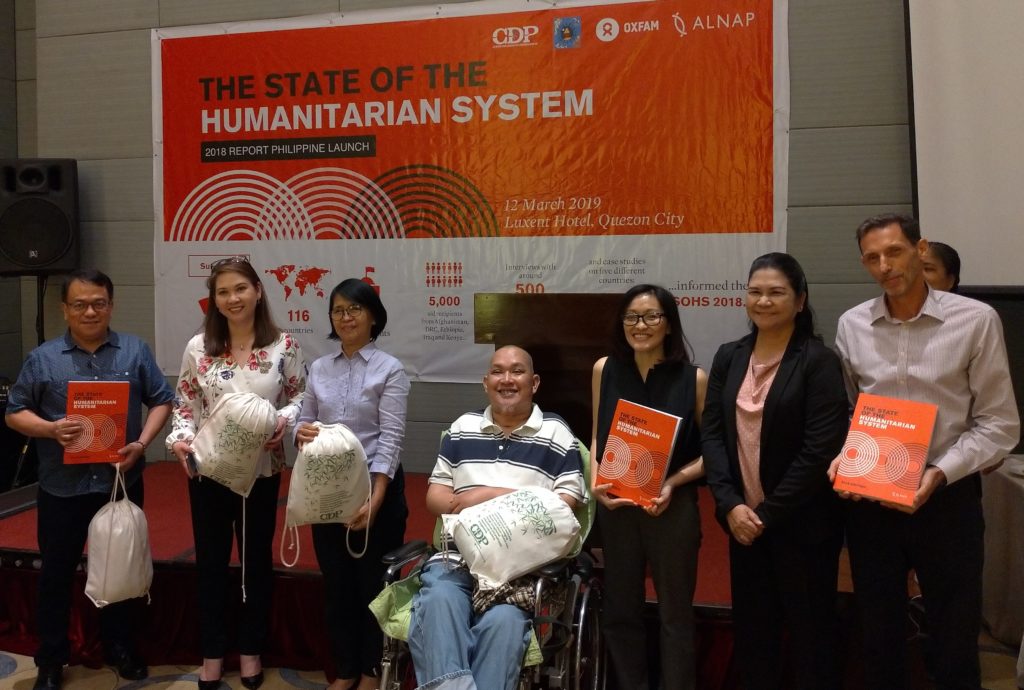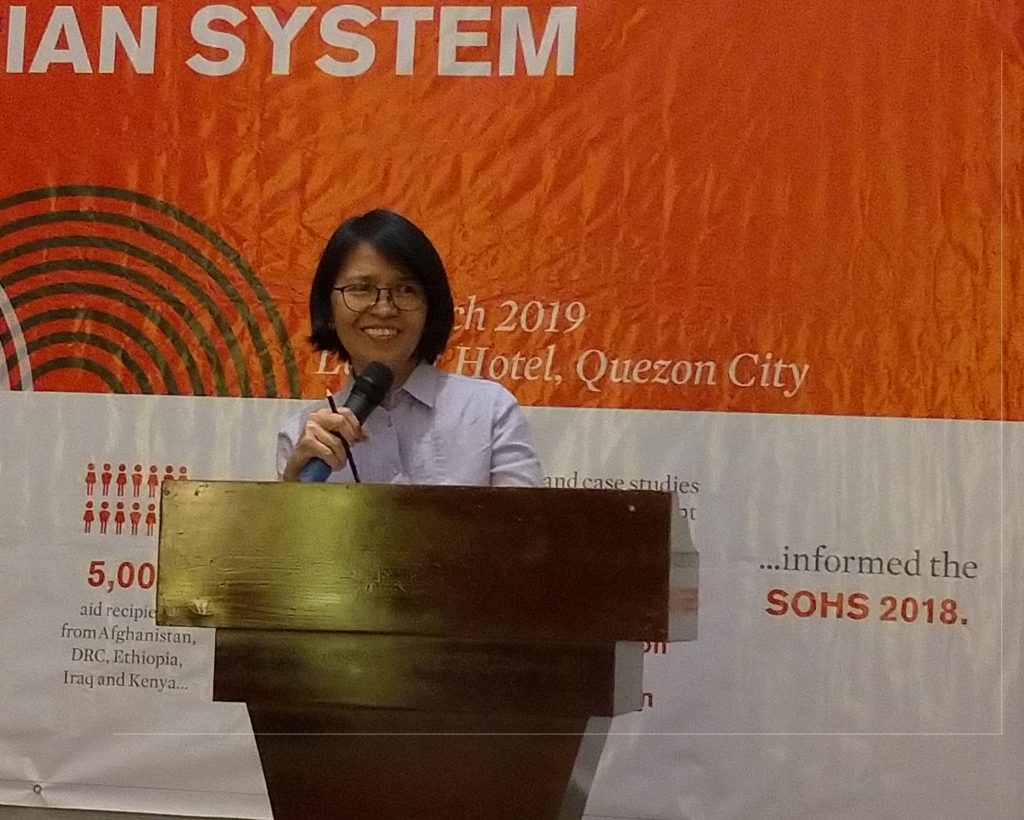12 March 2019 – The State of the #Humanitarian System (SOHS) is an autonomous analysis that collects the most recent data on the size, shape and scope of the humanitarian system and evaluates its general accomplishments and advancements. Written every three years, it supplies a different sector-level mapping and evaluation of international #humanitarian assistance.

The partners who shared their reflections together with the event organizers
#SOHS 2018 is the 4th issue of The State of the Humanitarian System report, covering 2015-2017. It sketches humanitarian needs over the past three years, furnishes a survey of the funding contributed to meet these needs and how and when this funding was spent, explains the ongoing size and makeup of the humanitarian system, and presents an appraisal of the system’s conduct in addressing humanitarian needs.
SOHS 2018 is based on a literature review, an examination of 200+ assessments of humanitarian action; key informant interviews with 151 humanitarian leaders and masters; five country case studies and 346 interviews with humanitarian experts, government agents and crisis-affected citizens; and aid recipient examination with 5,000 answers from persons taking humanitarian assistance and/or protection; a practitioner analysis with 1,170 reactions from people giving assistance/protection; and studies of databases.
According to SOHS 2018, there was improvement in effectiveness, connectedness, and complementarity of the humanitarian system. It reported that effectiveness – including timeliness – improved in responding to food insecurity in complex emergencies.
The report also stated there was limited progress in relevance and appropriateness, accountability and participation, and efficiency of the system. It pronounced that humanitarian aid comprises a basic package of life-saving assistance, which is seen as relevant in many situations.
However, it underscored the insufficient humanitarian system resources despite increased funding, as evidenced by its lack of progress.
The report also said that there was a decline in the coverage and coherence of the system. It mentioned that poor coverage of internally displaced people (IDPs) outside camps identified in the 2015 report has not been effectively addressed.
“If they can get you asking the wrong questions, they don’t have to worry about answers.”
Thomas Pynchon
According to Ms. Ma. Elna Corazon Jazmines, CDRC’s Local Partnerships Department Head, Citizens’ Disaster Response Center Foundation, Inc. (CDRC) would really want to see a genuine decrease in the need for humanitarian assistance. This would mean that communities already have adequate capacity and preparedness, that there are fewer vulnerable sectors and communities. Likewise, the organization would like to see that relevant and appropriate assistance and protection reach everyone in need on time.
From the developmental side, CDRC’s normal reaction to the different aspects of humanitarian assistance is: Instead of asking if resources are sufficient to meet the needs, we would like to know why resources have remained insufficient. Why have communities remained vulnerable in the first place? Instead of asking if assistance have reached everyone in need, we would like to know why it has not reached them. Instead of asking if humanitarian activities address the most important needs, we would like to know why these were not addressed.

CDRC Local Partnership Head Ms. Cora Jazmines shares her reflections on the report
In terms of accountability and participation, we would like to know not just if people were involved, but why people were not involved in decision-making and why they were not able to hold humanitarians into account. And if they are involved, how? Community-Based Disaster Management considers people’s participation as essential to disaster management. It is only through people’s genuine participation that they can claim ownership of plans and decisions that affect them. In an environment where people are used to follow rather than take initiative for change, getting them to participate is a big challenge.
As a whole, the questions asked on the main aspects of the humanitarian system beg for more fundamental question. Thus, Ms. Cora borrowed this comment from Thomas Pynchon: “If they can get you asking the wrong questions, they don’t have to worry about answers.”
###
